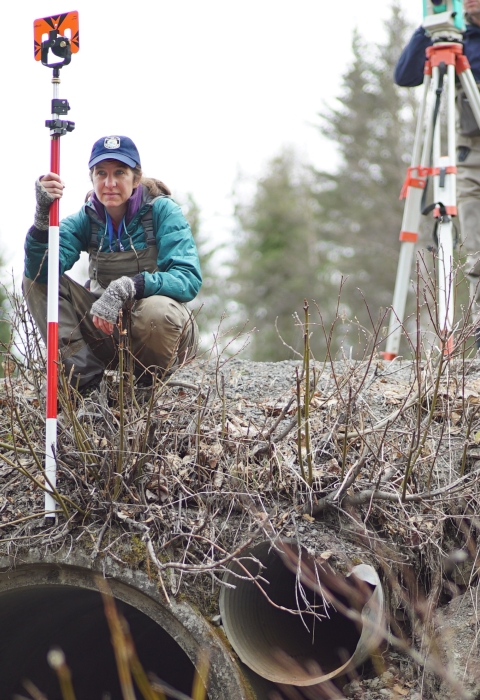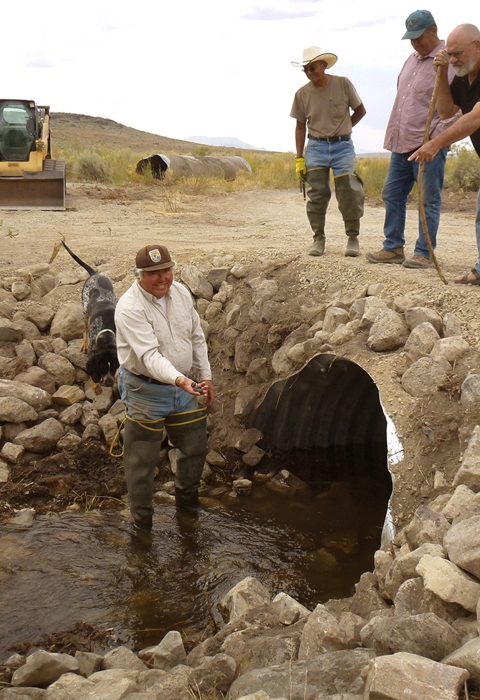About this Collection
Habitat assessment and restoration work improves habitat for fish and other aquatic organisms through programs such as the National Fish Passage Program and the National Fish Habitat Partnership.
Fifty-one Fish and Wildlife Conservation Offices are strategically located across the country to help restore degraded and fragmented habitats, organize, and implement projects with partners, provide technical expertise, enlist voluntary efforts of landowners and local communities, and deliver cost-shared resources to complete projects. These efforts improve habitat for fish and aquatic resources, support local economies, reduce public safety hazards, and help our communities become more resilient to climate change climate change
Climate change includes both global warming driven by human-induced emissions of greenhouse gases and the resulting large-scale shifts in weather patterns. Though there have been previous periods of climatic change, since the mid-20th century humans have had an unprecedented impact on Earth's climate system and caused change on a global scale.
Learn more about climate change . Fisheries offices also provide important technical and biological information to partners on the condition of aquatic habitats and populations of fish and other species, information that will be increasingly important in the face of climate change. These data will be used to inform endangered species management decisions, guide hydropower license conditions under the Federal Power Act, and establish frameworks to manage recreational and commercial fisheries.

